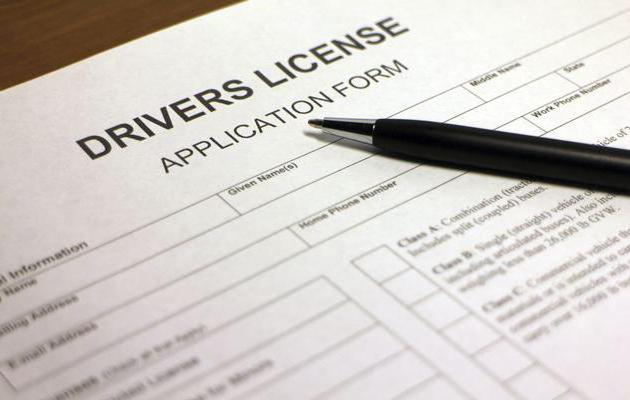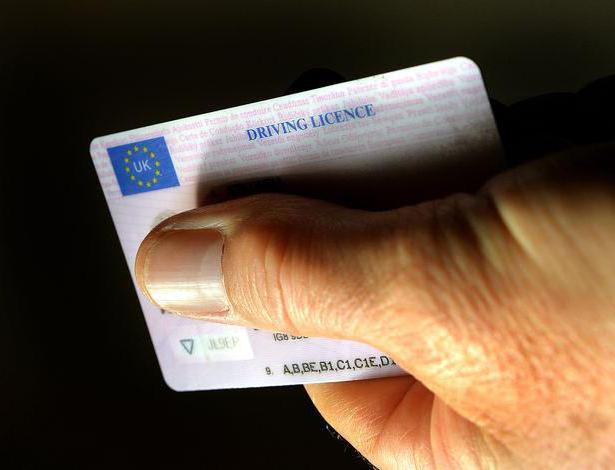First you need to figure out what is a license what types of such exist in Russian law and what rights and advantages it gives. The permission for certain actions or the right, which is confirmed by a certain document - this is the license.
About the license and its types
The license gives the right to engage in a particular type of activity. For example, an educational institution - to teach; to a medical institution - to treat; production - produce goods; provide certain services. Simply put, this means that the organization in the provision of services or goods meets the stated requirements, and the state, in turn, allows it to engage in this very activity.
The license agreement is consensual (from lat. Consensus - consent), bilateral and onerous. It is in writing. Parties to the license agreement - licensor and licensee. That is, the person who grants the license is called the licensor, and, accordingly, the person to whom the license is issued is called the licensee.
When concluding a license agreement, the main right is assigned to the licensor. This right is expressed in a material component, such as a lump sum (firm) amount. In addition, the licensor is entitled to receive interest on the profits for the patent. Moreover, deductions from the licensee’s profit can be expressed both in a solid amount and depend on the profit that the patent brought.
As for the obligations of the licensor, he is obliged not only to transfer the rights, but also to ensure their real implementation. Including transferring documents, providing clientele, product samples, equipment for production, samples, raw materials. All this the licensor provides the licensee for an additional fee, unless otherwise agreed.
All transfer of raw materials and equipment is carried out by drawing up and signing an acceptance certificate, which is a bilateral document. The licensor supplies the licensee with special information that carries confidentiality, as well as know-how. In practice, a licensing agreement (an exclusive license or some other) is mixed, as it includes various elements of other contracts and acts as a mixed license.
Also, one of the obligations of the licensor is to ensure the preservation of the patent in force, protect the patent in case of disputes, as well as accompanying the production on the technical side.

Licensee Rights and Opportunities
As for the capabilities of the licensee, he has every right to demand that the licensor fulfill his duties. He must also conduct product improvements, notifying the licensor in advance of this. All improvements that the parties will make are indicated in advance in the contract. And in such cases they can be both paid, if it is stipulated by the contract, and unpaid, if it is not provided and is not stipulated. The licensor also has the right and obligation to maintain confidentiality.
The obligations of the licensee are that he must pay for the services of the licensor who transferred the patent. He must also produce products of no less than the quality that was provided, to increase the sales volume of products by advertising the goods. To all this - to deduct interest from the patent to the licensor, if indicated in the contract. Inform about all changes to the licensor.
Information about the patent should not be disclosed to third parties - this mainly concerns the production of special products. Failure to fulfill or non-compliance by the parties with obligations under the contract entails material liability and damages to each other.
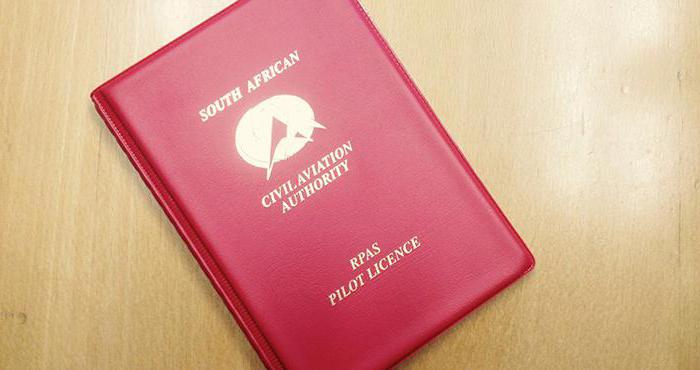
Types of licenses and license agreements
Today in the Russian Federation there are about one hundred forms and classifications of licensing. But all this most boils down to the main species, which, in turn, are divided into subspecies:
- The composition of the rights transferred under the agreement: free licenses, patent licenses and mixed (complex) licenses, that is, know-how, industrial property objects.
- According to the availability of marketable products in the contract: contracts without the supply of products, contracts with the supply of products and the sale of a license at the same time.
- By the nature of the use of the transferred rights: exclusive license, simple (non-exclusive) licenses and full licenses.
About a simple license
Unlike the exclusive one, a simple license costs much less, and there is a reason for this. Even the name implies that this license is not the exclusive right of the licensee. The license itself only permits the use of the goods (more precisely, the right to them) in the strictly specified methods described in the agreement. Its other name is a non-exclusive license.
For example, an author’s contract allows the copyright holder of non-exclusive rights to use the rights on a par with the copyright holder of exclusive rights. In turn, one who has exclusive rights can transfer the right of use to third parties without asking permission from the holder of a simple license. The copyright holder does not have such rights. If all this is translated into everyday language, it turns out that one who has the exclusive right has an advantage. In addition, he can issue simple licenses in unlimited quantities.
Full license
A full license is extremely exclusive, since here, when it is acquired, almost all rights are assigned. They apply to the entire document for the period of use and are similar to the transfer of a patent. They differ only in terms. At the end of the period of use, the license rights are returned to the copyright holder.
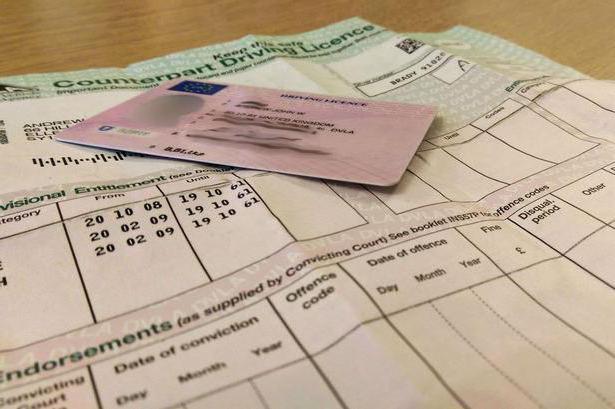
About the exclusive license and its capabilities
Exclusive license - a document granting the right to the licensee alone and at its discretion to exercise the right to a patent. The limits of use are clearly defined and signed in an agreement between the parties. The basis for the issuance of an exclusive license is this agreement.
The licensor himself, the issuer of the license, cannot use the right of the object to the license.
The main criteria for the agreed limits are specific dates in a particular territory. The licensee himself, who has an exclusive license, may at his discretion transfer, authorize or prohibit the right to use the patent, which, in turn, is impossible if there is a simple license. But everything that is described in the agreement between the participants extends to clearly specified limits.
There may be cases when the exclusive right can only be issued for the production of goods. Prices and production quotas may also be set.
For example, a copyright agreement concluded on an exclusive basis. In this case, all rights are transferred to the licensee - the person who acquired the license. In this case, an exclusive license provides for the use of a work in a specific way and up to the boundaries established by agreement.
The concept of “copyright” includes a number of aspects related to the right to rent, translate, distribute, reproduce and other actions relating to intellectual property.
To possess the exclusive right to authorship may be one person or several persons.Even an organization may well be the owner of this patent, if the author works in it.
In general, a copyright agreement is an object of intellectual property, however, as well as an exclusive license for an invention, a trademark, and many objects related to intellectual work.
Intellectual property
As already mentioned, intellectual property is the intellectual work of the copyright holder. All inventions related to mental work, creativity, are protected by law. And non-compliance with this obligation carries administrative, material and even criminal liability.
Intellectual property includes objects such as drawings, advertising, maps, photographs and various kinds of images, including trademarks.
Intellectual property rights holders often face a violation of their legal rights.
So how to appropriate intellectual ideas, whether it be images or inventions of any kind, the risk and temptation is very great. In this case, the law protects authors.
If, nevertheless, a desire arose to acquire objects of another's intellectual property, various arrangements are provided for this case. Including those that allow you to acquire part of the intellectual property rights or fully the rights to this object. In this case, the contract protects the interests of both the author and the person who wishes to acquire rights to the individual property.
Often, the authors themselves are faced with violations of their own rights. One of the cases is if the author posted a unique text or photo, logo on his site. A situation may arise that third parties appropriate an idea. Of course, without monetary compensation and permission of the author. In such cases, you need to assert your rights by considering the sequence of actions - which documents to draw up, which contract to conclude. It is necessary to understand all the intricacies of the legislation, or at least as far as the specific case is concerned.
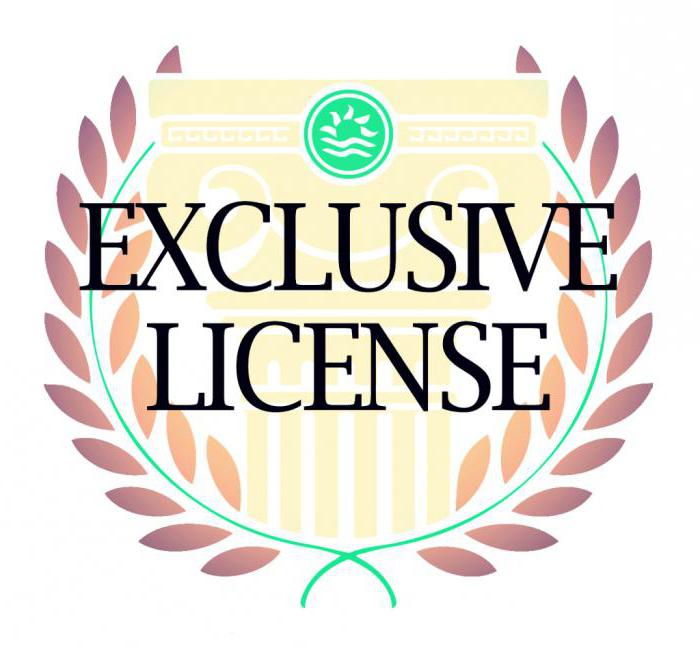
About the exclusive right more
Such are all rights that belong to the author of intellectual property, which he can use in any legal way. The exclusive licensee may also permit or prohibit the use of these rights to third parties.
Since January 2008, the intellectual property law has undergone a number of significant changes. To a greater extent, this affected contracts for the disposal of intellectual property.
The Civil Code in part four states that a unified system of contracts for the disposal of intellectual property is being introduced. Previously, there were various types and forms of contracts for the disposal of exclusive rights. This part includes photographs, a trademark, musical compositions, inventions.
By exclusive right, the following contract models are distinguished: the contract for the assignment of the exclusive right with its complete alienation and the license conclusion contract, under which the licensor retains the exclusive right. There are also non-contractual methods and other possible contracts.
Any conditions (under Russian law) that impede the creation of intellectual property objects and the ability to dispose of intellectual property objects that have not yet been created are prohibited. Everything that limits the citizen's legal capacity in this part will be declared illegal.
When assigning an exclusive right under a contract, it is impossible and illegal to transfer only part of the rights. In this case, all rights to the patent are alienated. The contract is concluded in writing and must be registered with state authorities. Failure to comply with these rules entails the nullity of the transaction, that is, its illegality.
What should be indicated in the agreement? This is primarily the subject of the contract, it is also an object of intellectual property. Without the subject, there cannot be a contract itself. Essential conditions such as remuneration are also. The need to indicate the material component is solved mutually.
The party to the contract acquires exclusive rights at the time of signing the contract or at the time of registration of the transaction with state authorities. In the event of significant breaches of the contract, when one party suffered damage from the other or lost what it relied on, the losses to the injured party are fully compensated. Another case of termination of a transaction occurs when refusal to pay remuneration to the author of the patent. Then the deal is terminated unilaterally.
When alienating rights, there are exceptions. Such, for example, as the brand name of the goods; also information about his place of origin. The same prohibitions will be in other license agreements.
In the legislation of the Russian Federation there is such a thing as sublicense agreement. This is when the licensee concludes another contract with a third party.
At the conclusion of such an agreement, the written consent of the licensor is required. The third party who takes over the rights in this transaction will be referred to as a sub-licensee. The rights of the sub-licensee may not exceed the rights of the licensee itself, and the sub-license agreement cannot last longer than the license itself. The licensee assumes full responsibility for the sub-licensee to the licensor.
There are also cases with a compulsory license. At the request of the person concerned, if the patent is not used or is used improperly, a non-exclusive license can be obtained by any person at the request of the court.
There are other ways to dispose of exclusive rights. For example, other types of contracts. These include: a pledge agreement; intellectual property creation order; agreement on the basis of an open license.
It happens that the exclusive right passes without a contract. This happens in case of reorganization of the institution; death of the copyright holder and transfer of the right to his heirs; upon collection of a compulsory license; in other cases (for example, technology transfer).
Trademark Use
When using a trademark, they conclude a license agreement in which one party transfers the other right to use. In this case, an agreement is concluded with both an exclusive and non-exclusive license. In both cases, agreements are subject to registration.
An exclusive trademark license is an agreement that provides the licensee with the opportunity to exercise the right to a trademark, and forbids the licensor to conclude contracts with third parties. Moreover, the agreement guarantees the sole use of the trademark. Without his permission, third parties do not have the right to take for their use not only this sign, but also logos similar to it, in order to avoid the possibility of mixing the signs. All similar signs and logos are counterfeit. Counterfeits are prosecuted in law on the territory of the Russian Federation.
A trademark license agreement is registered with the Federal Service for Intellectual Property (Rospatent). When concluding, terminating the contract or making any changes to it, from one or the other side they always turn to Rospatent with the obligatory assignment of a registration number to the contract.
When an exclusive license is issued for a trademark or document, invention or other object, firstly, an agreement is concluded between the licensor and the licensee, which sets out all the essential conditions and the subject of licensing. The contract is registered with Rospatent, where it is assigned a registration number.
Secondly, all conditions of the contract are observed. Do not forget that this is a two-way deal.And since this transaction is reimbursable, the licensee must pay a fee to the licensor.

About expiration dates
The validity period of the exclusive license is counted from the date of registration of the contract with Rospatent. More precisely, from the date of filing the application for registration.
So, in terms of:
- The exclusive license for the invention is 20 years.
- The license for utility models is 10 years.
- For industrial designs - 15 years.
A patent is granted after registration of an invention. If the copyright holder needs to renew the patent, then six months before the expiration of the term, an application for renewal should be submitted. The extension period may not exceed five years for the invention.
For an industrial model, the patent renewal period does not exceed three years, and for a model of industry it is no more than ten years. All terms under license agreements should not exceed the terms of the exclusive right. For example, copyright is for the life of the author and 70 years after his death. The same goes for co-authors.
- For related rights - for a lifelong performer and at least 50 years from the start of performance.
- The rights to the phonogram are valid for 50 years after the broadcast, namely, from the first of January of that year, when the phonogram was broadcast.
- The right to broadcasting is valid for 50 years from the first of January of that year when the broadcast was broadcast.
- The right to databases begins to operate from the moment of its creation and is 15 years from the beginning of next year.
- The right of the publisher of the work - the exclusive right is valid from the moment of publication and is valid 25 years from the beginning of the next year after it.
- For breeding achievements - from the date of registration in the State Register and is valid for 30 years. For certain types of products - up to 35 years.
- On the topology - 10 years, starting from the day of use or from the day of registration with a state body.
- The right to a trademark is valid for 10 years and can be extended for another 10 years an unlimited number of times.
- The name of the place of origin of goods - 10 years from the date of application to the state authority. May also be extended.
In any case, the exclusive right and the terms thereof are regulated by law. Only the law can protect copyright holders or punish any infringement of someone else’s right.
